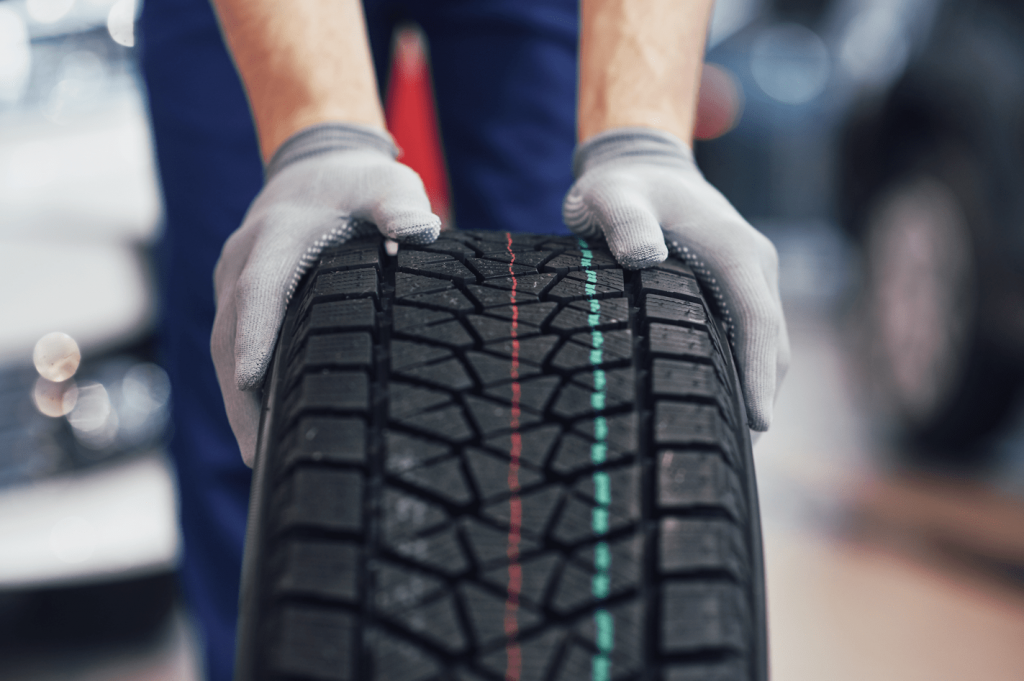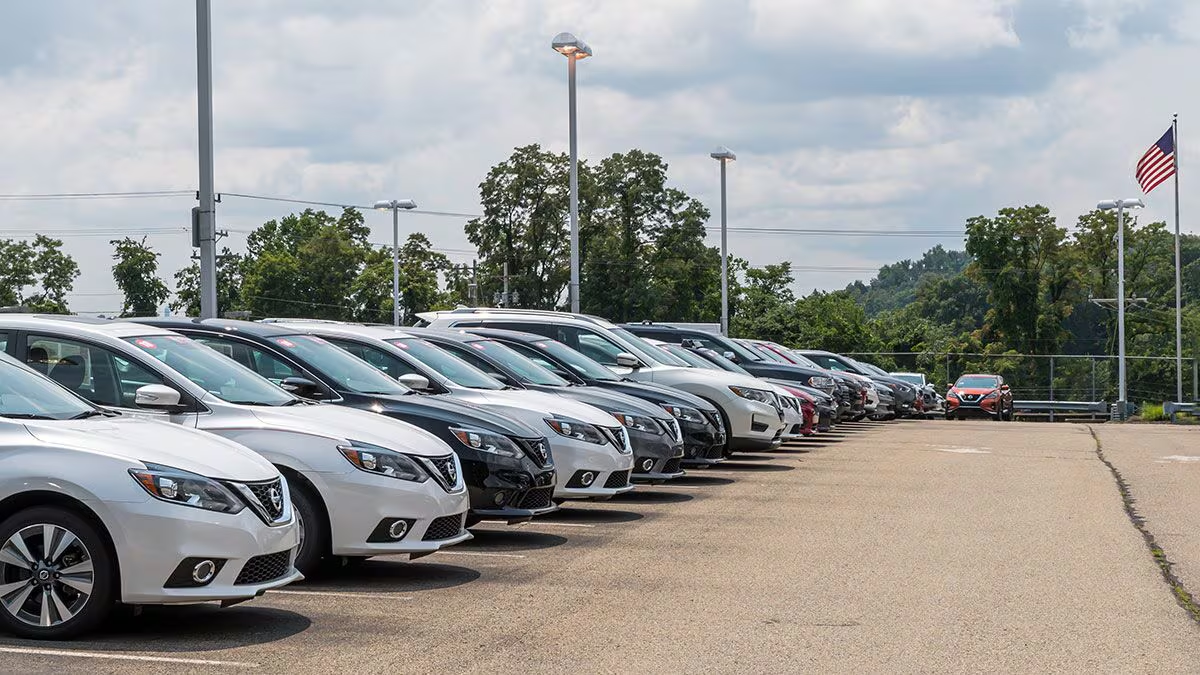The Future of Intelligent Tires in the Auto Industry (PDF)
In the years to come, as electric vehicles become more popular, tire sensors will likely become smarter and generate more valuable data, industry executives say. That’s an important safety factor. Electric vehicles are usually heavier and generate more torque than gasoline cars, re sulting in faster tire wear. There are longer service intervals on EVs, which means they don’t go to repair shops as often, which increases the risk of a tire failure.
sulting in faster tire wear. There are longer service intervals on EVs, which means they don’t go to repair shops as often, which increases the risk of a tire failure.
In order to extend the life of tires and let drivers know when they may need to be serviced, major tire manufacturers like Bridgestone, Continental, Michelin, and Goodyear are developing advanced sensors and testing new products. It increases your chances of an accident, tire blowouts, and longer braking distances if you don’t monitor them personally.
In addition to monitoring tire pressure, Continental is developing intelligent sensors that it says will detect punctures, gauge tire temperature, and alert vehicle owners of problems. Meanwhile, Goodyear has partnered with self-driving truck manufacturer Gatik to develop a proof-of-concept technology to estimate road friction and transmit it to a vehicle’s automated driving system in real time.
In the Toronto area this winter, the technology was deployed as part of a Goodyear pilot program. By observing the icy road conditions, it was able to validate the lab findings on the road. By just looking at the weather, you can see how the roads are, but what you do not get is friction levels. Now, it’s possible to measure those levels and send them back to the vehicle.
Manufacturers are developing designs to meet the needs of electric vehicles
Last year, Bridgestone launched the R192E tire, developed specifically for electric buses. These tires offer more load capacity and lower rolling resistance compared to traditional ones, keeping the vehicle’s range high. In addition, modern tire sensors are being developed to collect various information about tire performance that can be translated into advanced value-added services that can be incorporated into relevant vehicle applications.
Last year, Tactile Mobility developed a tire health monitoring system that provides an overview of the current and future condition of your tires. This technology monitors wear, grip, stiffness, wheel balance, and other factors critical to vehicle safety. In addition, it also helps drivers by detecting potential problems quickly and assists companies in creating more durable and efficient products.



